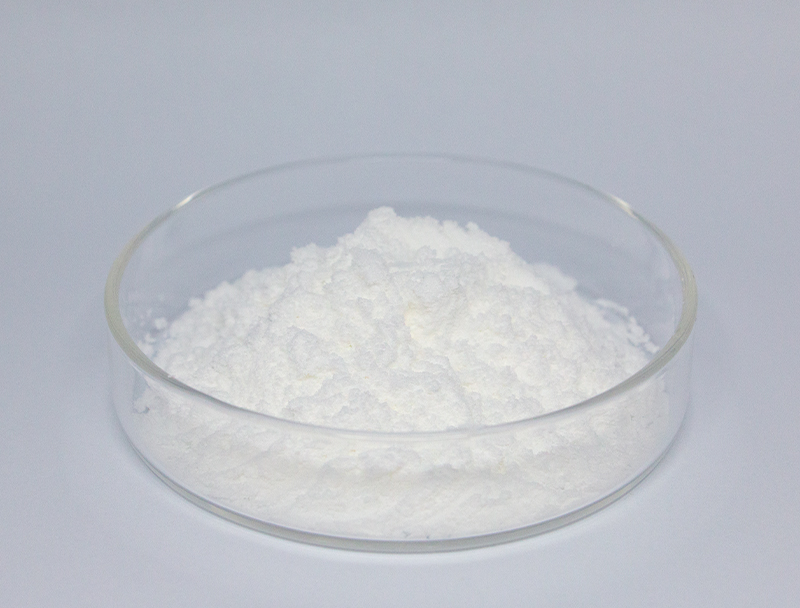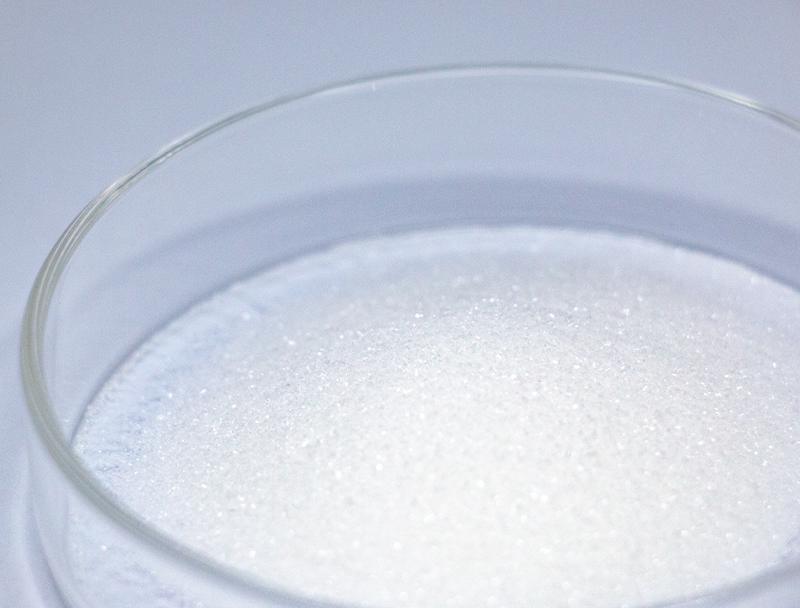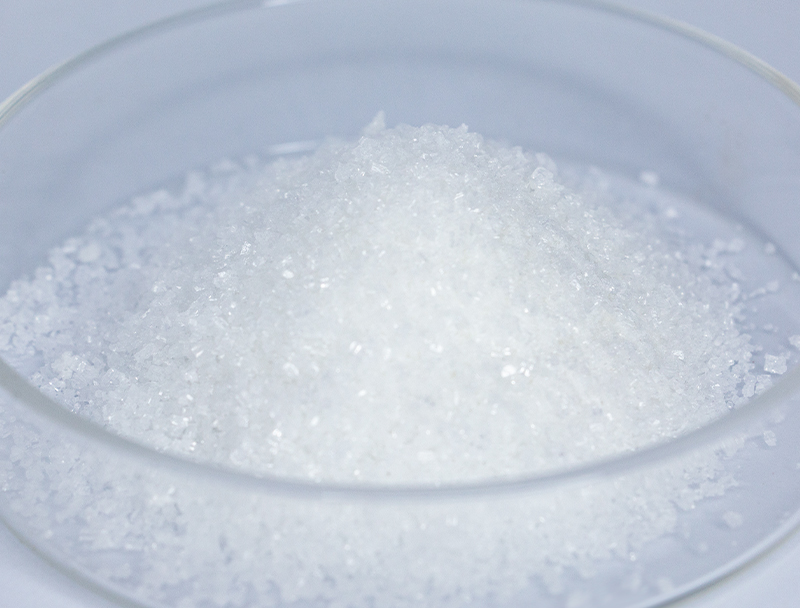securely-packed temperature-controlled inputs industrial beta nicotinamide mononucleotide

Industrial biosynthesis counts extensively on a comprehensive selection of biomass sources to supply inventive bioproducts.
Maintaining sustainably sourced materials forms the foundation of durable, responsible industrial growth.
numerous problems stemming from established sourcing methods including environmental degradation and exploitation of natural resources. Therefore, producers should prioritize ethical sourcing models to curtail ecological damage.
- Illustrations of eco-conscious sourcing involve:
- Integrating compostable agricultural waste into supply chains
- Adopting looped production models to decrease loss and amplify reuse
- Collaborating with regional vendors focused on fair procurement
Transitioning to green supply models secures ecological benefits and economic upside.
Optimizing Biomass Feedstocks for Enhanced Biofuel Production
Increasing biofuel conversion efficiency is tied to feedstock composition and condition. Engineers continually develop approaches to improve biomass suitability, achieving increased output and long-term energy sustainability. This involves genetic modifications to increase biomass production, as well as pretreatment techniques that break down complex plant materials into more readily fermentable sugars.
- Concurrently, efforts examine seaweed, industrial byproducts, and crop residues to increase the variety of renewable feedstock alternatives for fuel production.
- Owing to ongoing work the biofuel domain is primed to reach substantial milestones advancing renewable energy adoption.

Biopharmaceutical Production: Innovations in Upstream Processes
entails beginning production stages such as cell growth and biomass recovery Contemporary breakthroughs have refined protocols and elevated product throughput.
Crucial progress includes proprietary cell systems, optimized growth media, and adaptive bioreactor architectures. These developments raise yield and cut costs as well as diminish environmental consequences.
- Additionally, a shift to integrated continuous operations is providing enhanced flexibility and responsiveness in production.
- This shift towards more sophisticated biopharmaceutical manufacturing methods promises to revolutionize the industry and pave the way for faster development of novel therapeutics.

Precision Genomic Tools Enhancing Biopharmaceutical Yields
improvements in molecular editing platforms like CRISPR have updated therapeutic production processes. With exact genomic alterations, researchers improve host productivity for therapeutic manufacture. This route supports the creation of more affordable and productive treatments for multiple disorders.
Biodegradation Strategies Using Targeted Microbial Cultures
novel biological remediation techniques leveraging microbial metabolisms for pollution control. Microorganisms possess the remarkable ability to degrade and transform harmful pollutants into less toxic substances.. Applying microbial remediation systems creates low-impact cleanup options that address contamination efficiently.. Investigators study multiple microbial strains for abilities to transform metals, degrade agrochemicals, and process petroleum wastes.. Organisms may be utilized in controlled reactors or in place to accelerate contaminant decomposition through biodegradation..
Microbial remediation approaches present key benefits relative to classic remediation methods. It is a cost-effective and environmentally friendly approach that minimizes the generation of harmful byproducts. Furthermore, microbial solutions are highly specific, allowing for the remediation of particular pollutants without disrupting the broader ecosystem. Work in this area evolves rapidly to optimize the success rates and scalability of bioremediation solutions.
Computational Biology in Drug Discovery
Data-driven bioinformatics is critical for modern pharmaceutical innovation. By leveraging complex datasets, bioinformatics expedites discovery and optimizes candidate safety and potency.
- By parsing huge omics and clinical databases, bioinformaticians detect targets and estimate therapeutic responses.
- Similarly, modeling drug–target interactions streamlines design of compounds with better efficacy and selectivity.
- Finally, data-driven informatics is changing drug development and hastening patient access to effective therapies.
Synthetic Biology Routes for Elevated Bioproduct Synthesis
implements many strategies to improve microbial output of desired bioproducts. Methods might combine targeted gene changes to rechannel flux, regulatory element design to control expression, and exogenous gene introduction to provide fresh capabilities.. With precise metabolic tuning scientists can greatly enhance yields of desired compounds.
Such an integrated approach may disrupt diverse fields including therapeutics, crop science, and sustainable fuels.

Barriers and Benefits When Expanding Biopharmaceutical Manufacturing
Transitioning to higher volumes entails serious complications and potential rewards. Keeping consistent product performance at elevated volumes is a significant challenge. Addressing it demands strong process governance, accurate real-time analytics, and advanced measurement systems.

Complexity in multi-step biomanufacturing operations presents ongoing operational challenges.. Transforming bench processes into industrial practice requires sustained research and engineering innovation. However, the potential rewards are substantial. Successful industrialization can broaden availability, trim costs, and raise profitability.
A range of strategies is being implemented to address scaling problems. Initiatives involve optimization platforms, high-resolution analytics for process control, and novel manufacturing frameworks.
- Product development and process R&D are pivotal to boosting production capabilities.
- Oversight institutions are updating guidelines to ease approval of manufacturing advances and catalyze innovation.
Exploring Approval Frameworks for Biopharmaceutical Safety and Effectiveness
Producing biopharmaceuticals demands comprehensive oversight to guarantee safety and clinical effectiveness. Biopharmaceuticals, often derived from biological sources, present unique challenges compared to traditional medications.
Regulators such as the FDA and EMA define authorization pathways and quality standards for new biologic medicines..
Rigorous testing protocols are mandatory throughout the development lifecycle, from pre-clinical research to post-market surveillance.. Those requirements help reveal risks and confirm that biologics satisfy stringent safety criteria..
Also, governing institutions evolve their strategies to respond to swift advances in biopharmaceutical science.. Efforts comprise integrating cutting-edge tools and easing development pathways while upholding patient safety.

Harnessing Plant Feedstocks to Create Biodegradable Plastics
The growing need for sustainable materials has led to a surge in research and development of renewable options. Plant-derived biomass as input for bioplastics represents a practical route toward greener materials. Feedstocks including cornstarch, plant cellulose, and sugarcane derivatives yield biodegradable plastics which break down and mitigate plastic pollution.
In addition, certain bioplastics match performance of petroplastics, enabling broad applicability in multiple sectors.. Continuous R&D will drive plant biomass into scalable bioplastic manufacture and help establish closed-loop material systems.
Biotechnology's Potential to Transform Health and Food Supply
Biotech innovations L-arginine-α-ketoglutaric acid hold promise to dramatically impact health and the reliability of food systems. Through advancements in genetic engineering, synthetic biology, and cell therapies, biotechnologists are developing innovative solutions to combat infectious diseases, improve crop yields, and enhance nutritional value.. One example is bioengineered crops that withstand pests and stressors, enabling higher yields with less pesticide input.. Moreover, biotechnology plays a crucial role in developing vaccines, antibiotics, and diagnostic tools that are essential for combating infectious diseases and improving global health outcomes.. As research progresses, biotechnology holds immense promise for creating a healthier and more sustainable future for all.
